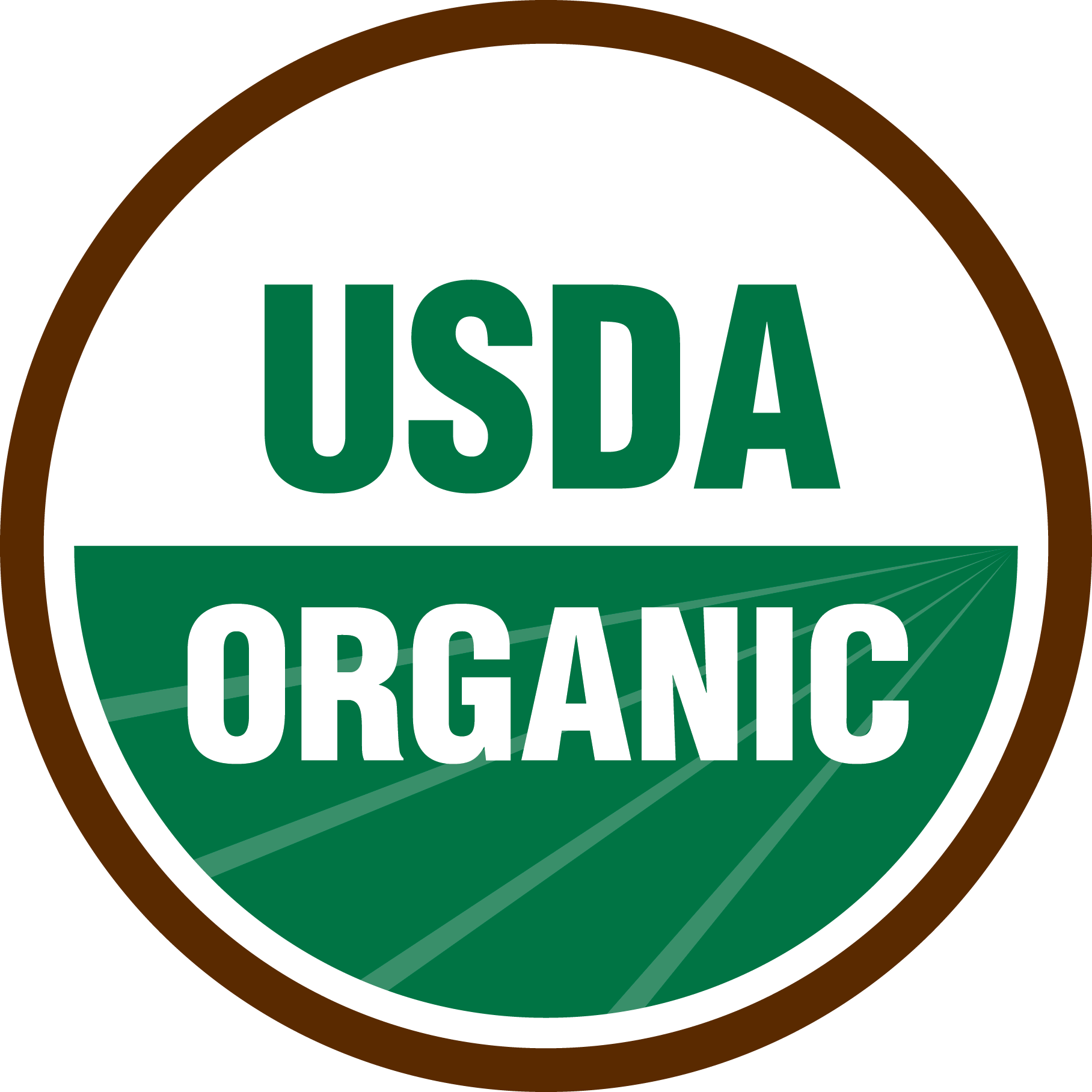2.3 Understanding Food Labels
Often confusing, food is labeled with various terms, health claims, and certifications. (It is important to note that the often-used term, “natural,” is meaningless as it has no formal definition.) When shopping with the goal of choosing the most healthful foods for both the human body and the environment, understanding what is written on food labels is very important.
The FDA’s Nutrition Facts Label, found on packaged foods, is a tool designed to assist the consumer with making healthy food choices. The best way to understand the information is, to begin with reading the Serving Size section. The information pertaining to calories and nutrients is directly connected to the serving size listed. For example, a label for canned soup may state the serving size is 1 cup and the calorie amount is 100 calories. If you eat 2 cups of soup, you will consume 200 calories. In this example, each nutrient listed would need to be multiplied by two, in order to understand the number of nutrients consumed.
It is also important to read the Ingredient List on food labels in order to understand exactly what is in the food you are purchasing, including additives, colors, and allergens. The ingredient list records all ingredients in descending order by weight, so the ingredient that weighs the most is listed first.
Choosing Organic Foods

Both produce and animal products that have the USDA’s Organic Label on their packaging must meet the USDA organic standards for crop rotation, fertilizer, pesticide, and herbicide use.
The USDA Organic Standards include: |
|
|
|
|
Are Organic Foods Better for Health? It’s generally accepted that “organic” produce and animal products are healthier, safer, more nutritious, and tastier than conventional products. The scientific research to support these beliefs is growing, although at this time there is not enough evidence to report definitive health benefits. However, the herbicide, glyphosate, widely used in conventional farming, is a well-known hazard to human health and is considered to be a probable human carcinogen.
Are Organic Foods Better for the Environment? Despite the generally accepted notion that “organic” is equivalent to “healthy,” the answer is not clear-cut with regard to the environmental impact of organic foods. The environmental benefits of organic farming practices versus conventional farming practices are a subject for current debate and much of the discussion focuses on land use.
Organic farming produces lower yields, therefore requiring additional land to meet the same demands. “…organic farming involves complex, diverse systems with varied crop rotations and other soil-building practices, animal integration, and ecosystem preservation. Comparing a diversified organic farm to conventional…in an apples-to-apples way, then is difficult.” (FoodPrint.org “The Real Climate Impact of Organic Farming, Lisa Elain Held, 2/18/20)
Other Food Labels
Genetically Modified Organisms (GMOs)4
GMO’s refer to plants, seeds, or animals that have had DNA, or genetic material, modified by genetic engineering. The FDA, USDA, and EPA (Environmental Protection Agency) regulate most GMO products to ensure their safety. Organic standards do not allow for the use of GMOs. At present, there are no governmental labeling requirements. There will be governmental requirements for food labeling beginning in 2022 that will let consumers determine if the foods they are eating have been bioengineered.
Why Use Genetic Engineering? |
|
|
|
Some Concerns with GMO Products: |
|
|
The Non-GMO Project Verified Label
This food label signifies an independent source has confirmed the food was produced to avoid the intentional use of GMOs.
Demeter Certified Biodynamic
Not widely available, this label certifies animal welfare standards in addition to going beyond organic standards in farming. It also emphasizes requirements for biodiversity.

